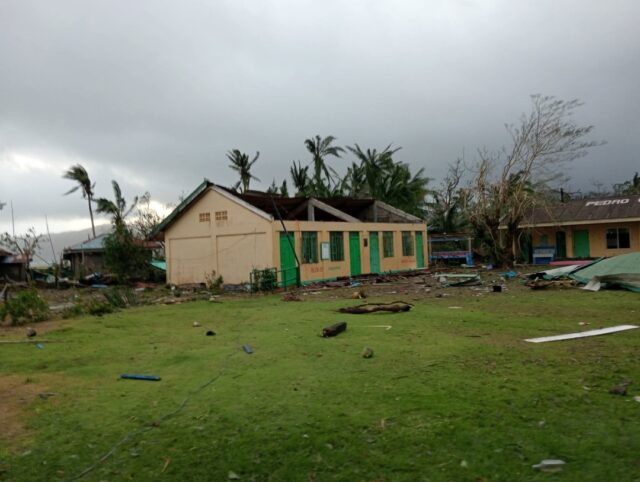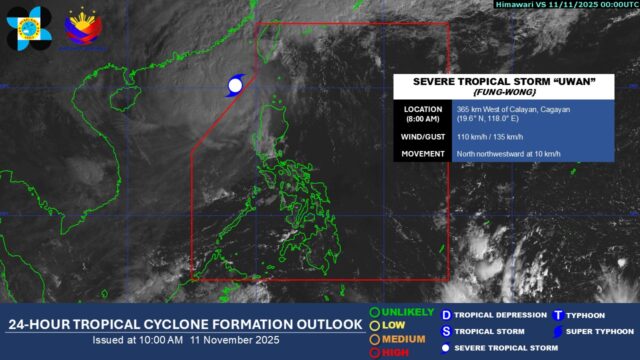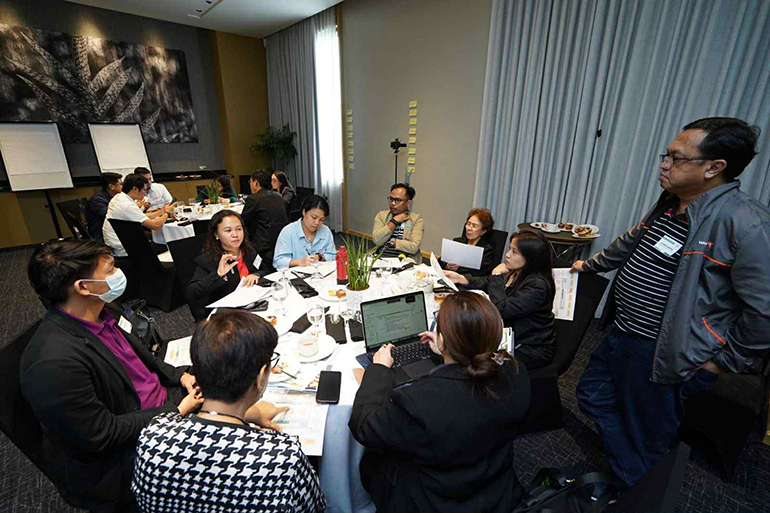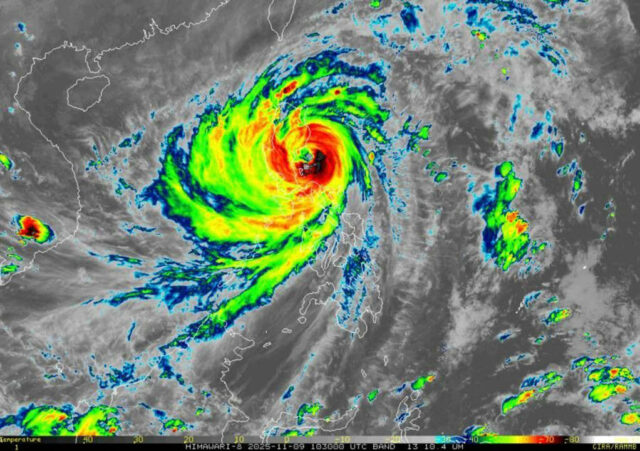Japan’s rice prices on rise again in test for new prime minister
KISARAZU, Japan — At a farmer’s market not far from Tokyo, more than 100 shoppers queued for a chance to get a kilo or so of Japanese rice for 500 yen ($3.32) by carefully heaping as much of the grain into a small wooden box as possible.
The weekend event was largely a gimmick, but as inflation continues to outpace wage growth it was a chance for some to secure the staple food for about 40% less than average retail prices.
“When I go shopping I’m shocked at the expenditure,” said Tasuku Uchida, a 28-year-old shopper who took part in the event.
“So I look back at the receipt and when I realise that I haven’t bought anything extra, it dawns on me just how far prices have risen. I want the government to hurry up and tackle inflation.”
It is déjà vu in Japan as near-record rice prices eat into consumers’ wallets – despite government efforts since spring to alleviate the pain – presenting a major challenge for newly elected Prime Minister Sanae Takaichi, who took office on October 21.
Takaichi, with early opinion polls showing her approval rating above 60%, is preparing to lay out her gameplan for tackling the issue with an economic package to be compiled by the end of the month. Her new farm minister Norikazu Suzuki has mentioned rice coupons for certain households as one idea.
Inflation, led by food items, has outpaced wage growth nearly every month for more than three years.
RICE PRICES NEAR RECORD HIGH
Rice prices first began to surge in the middle of last year amid supply shortages, but eased this summer after the government’s unprecedented release of emergency stockpiled rice into the market at cut-rate prices.The government also sought to talk down prices with reassurances of plentiful supply, but the impact has proven short-lived.
Former Prime Minister Shigeru Ishiba had said prices of the staple should be well under 4,000 yen.
In the week to October 27, supermarket rice prices averaged 4,235 yen for a 5-kg bag, up 23% from a year ago, double 2023 levels and near May’s record high of 4,285 yen.
Average wholesale prices for September, which reflect the new harvest, hit a record 36,895 yen per 60 kg, up 36% from the previous month.
The reason: fearing a repeat of last year’s shortage, which was fuelled by factors including extreme heat and a miscalculation of demand, dealers have ignored the government’s assurances over supply and set about procuring rice at any cost, pushing transaction prices higher.
“We are traumatised by last year’s rice shortage turmoil,” one rice wholesaler said, declining to be identified because of the sensitivity of the issue. “Our top priority is to stably supply rice to customers. So it can’t be helped if rice prices are high as we have to secure it.”
Shunsuke Orikasa, chief researcher at the Distribution Economics Institute of Japan, said he did not expect retail prices to fall meaningfully in the months until March, unless the market confirmed a significant surplus.
Expensive domestic rice is a worry for the nation’s food security, Takaichi has said, as businesses and some consumers flock to cheaper, imported rice. Even with Japan’s steep tariffs on imported rice, imports by private companies grew nearly 160-fold in September from the previous year, data by the finance ministry showed.
Japan imposes A levy of 341 yen per kilo on rice imports by private firms, but imported grain is still cheaper than homegrown rice.
Despite the surge in the price of the local grain, the new government may move away from previous consumer-facing rice policies back towards farmers and distributors, some say. After a planned rise in production to 7.48 million tonnes this crop year, the new administration has announced a target of 7.11 million tonnes for 2026, hoping to closely match supply with demand.
“Policies appear to have shifted to ones that take producers and distributors into consideration,” said Takahide Kiuchi, executive economist at Nomura Research Institute and a former Bank of Japan board member. “It doesn’t look like there will be any policies that would bring rice prices down from around 4,000 yen, which will be a big disappointment for consumers.”
Even farmers say current levels are exceptionally high.
“It’s too expensive — this is something the market has inflated,” said Yasuji Oshima, a farmer in Ibaraki prefecture, northeast of Tokyo.
He stressed, though, that a return to pre-2024 levels amid higher labour, equipment and other costs would squeeze profits so much that rice farming would become even less attractive to the younger generation.
“I hope the new government will implement policies that will ensure sustainable agriculture in Japan for the next 10 and 50 years.” — Reuters





 The first episode of the four-part series will premiere this November, with succeeding episodes to follow in the coming months. Each installment captures the everyday realities and enduring charm of neighborhood sari-sari stores, telling stories that evoke both nostalgia and pride in Filipino enterprise.
The first episode of the four-part series will premiere this November, with succeeding episodes to follow in the coming months. Each installment captures the everyday realities and enduring charm of neighborhood sari-sari stores, telling stories that evoke both nostalgia and pride in Filipino enterprise.


 International insights were provided by Madiha Ahmed, Senior Program Specialist at Canada’s International Development Research Centre (IDRC). “The challenges you’re discussing today echo what we’re hearing across Southeast Asia, South Asia, even Africa and Latin America,” she noted. “It’s both a little worrying and a little reassuring that we’re facing many of the same obstacles, but at the same time, we know from our experience in other regions, change is possible when we come together.”
International insights were provided by Madiha Ahmed, Senior Program Specialist at Canada’s International Development Research Centre (IDRC). “The challenges you’re discussing today echo what we’re hearing across Southeast Asia, South Asia, even Africa and Latin America,” she noted. “It’s both a little worrying and a little reassuring that we’re facing many of the same obstacles, but at the same time, we know from our experience in other regions, change is possible when we come together.”




